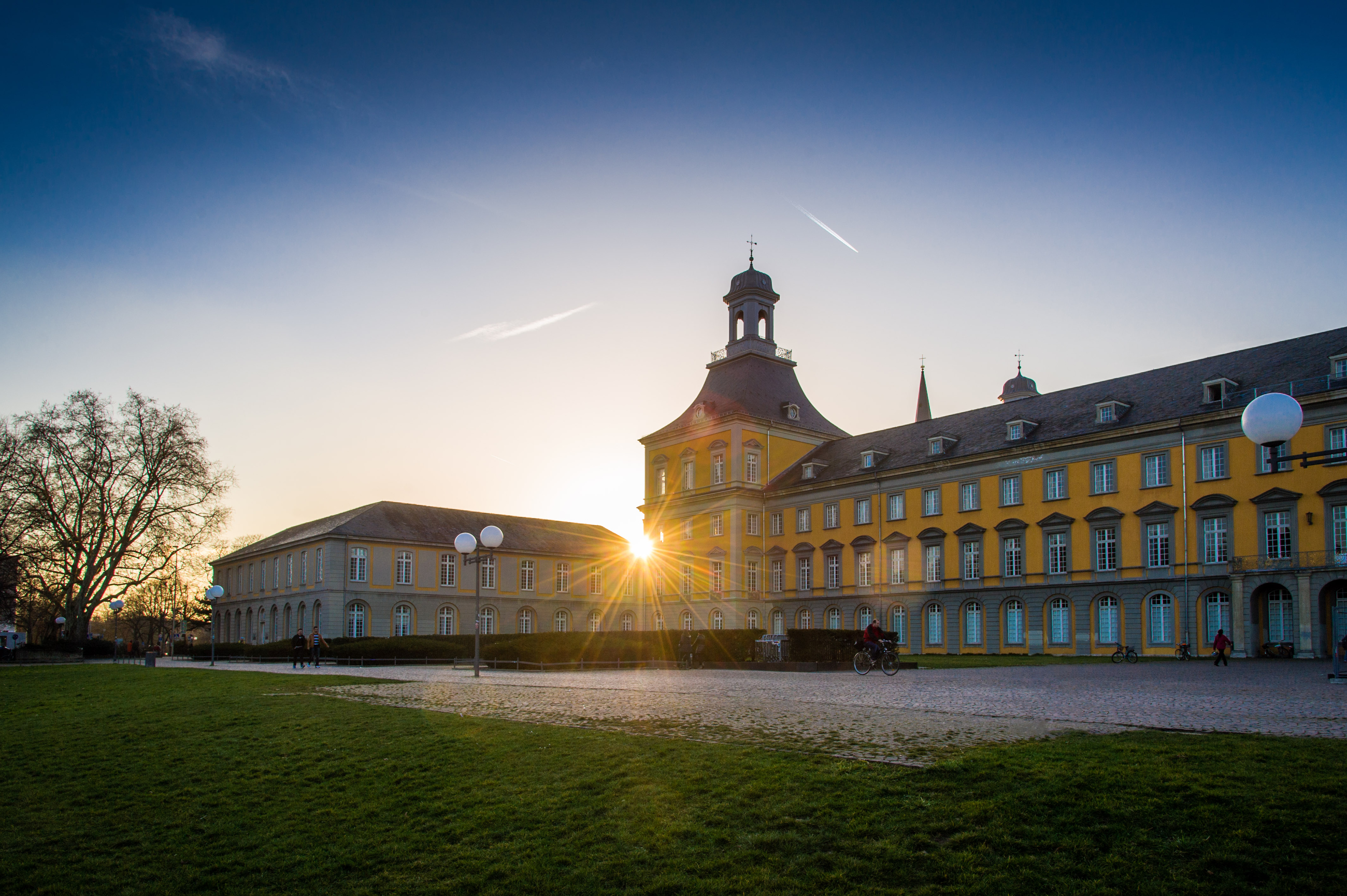Events & Opportunities
Stay informed about the latest news and events from the Argelander Program. In addition to current topics, we would like to draw your attention to our overview of upcoming workshops. Don't forget to sign up for our newsletter as well to receive the latest information directly in your inbox.
Upcoming Events
More Events
Argelander Program on LinkedIN
Always stay informed about upcoming events, current tenders and news.
Newsletter Bonn Doctoral Bulletin
Subscribe to our newsletter keeping you updated on news, workshops and calls for doctoral students.
Contact
Bonn Graduate Center
Address
Alte Sternwarte
Poppelsdorfer Allee 47
53115 Bonn
HR Development Academic Careers
Address
Alte Sternwarte
Poppelsdorfer Allee 47
53115 Bonn
Support in All Career Stages
Considering a Doctorate
Learn more about the first steps towards a doctorate and what support and funding opportunites are available.
During Your Doctorate
Find out about orientation, qualification and funding opportunities available to you during your doctorate.
After Your Doctorate
Learn more about the qualification programs and funding opportunities we offer for your postdoc.







